Trump defends acceptance of $400 million Qatari jet gift amid growing criticism
- Update Time : Wednesday, May 14, 2025
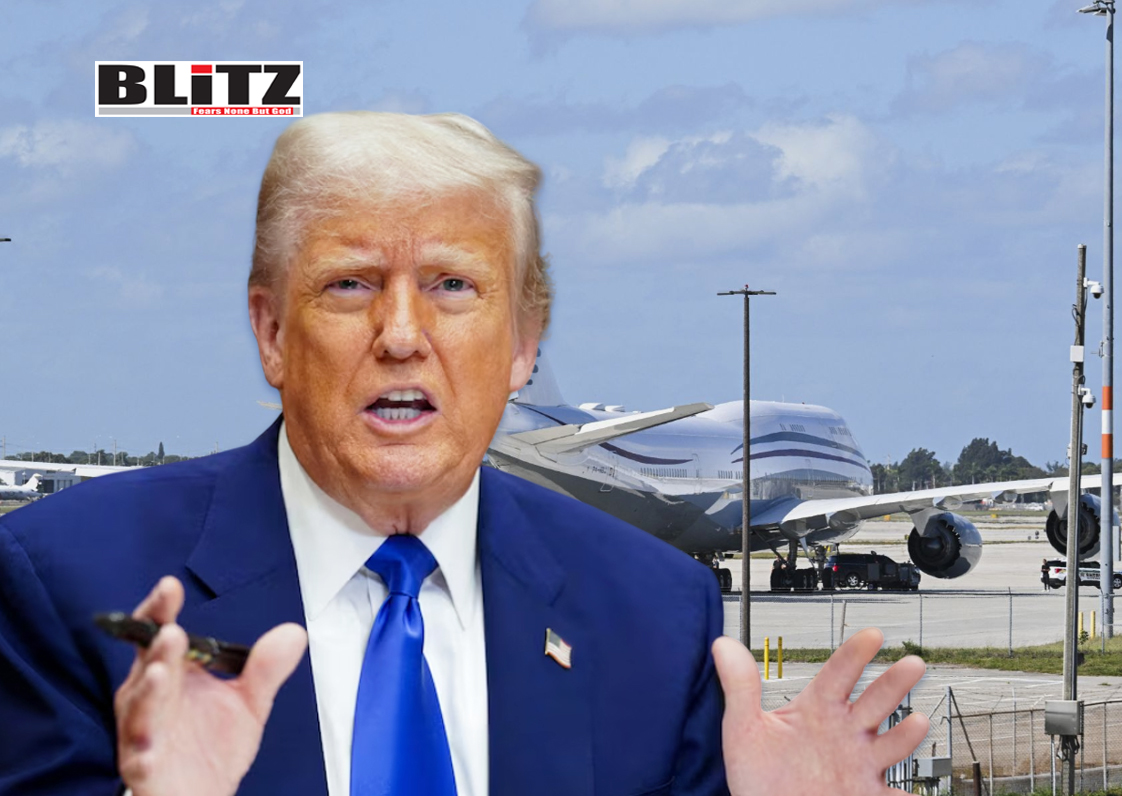
US President Donald Trump is under fire after announcing plans to accept a $400 million Boeing 747-8 aircraft from Qatar, a gift from the Gulf state’s royal family. The aircraft, often referred to as the “flying palace,” has attracted significant attention, not just because of its luxury and cost, but due to concerns over potential legal and ethical violations. Democratic lawmakers, in particular, have been vocal in criticizing the deal, accusing Trump of using his office for personal gain. This controversy highlights the complex intersection of foreign gifts, government regulations, and the unprecedented nature of the gift itself.
The Boeing 747-8, the same model as the aircraft set to be gifted, is one of the most advanced and luxurious commercial jets available, offering unmatched comfort, technology, and range. Its price tag of approximately $400 million places it in a league of its own when it comes to the most expensive gifts ever received by a sitting US president from a foreign government. While the jet will temporarily replace the aging Air Force One, a fleet of two Boeing 747-200 jets currently in use, this agreement has raised eyebrows due to its extraordinary nature.
Trump, known for his controversial public statements and actions, posted on Truth Social on May 12, 2025, to defend the deal. He described the aircraft’s acquisition as a “very public and transparent transaction” and emphasized that the gift was to be received by the Department of Defense rather than by him personally. According to Trump, the plane would replace Air Force One, with no hidden motives or complex arrangements involved.
“This is a GIFT, FREE OF CHARGE,” Trump wrote, defending the arrangement as entirely legitimate. He further criticized the Democratic response to the deal, dismissing the concerns as politically motivated, calling the critics “World Class Losers!!!”
While the president sought to portray the transaction as a straightforward matter, his claims were met with strong skepticism, especially from Democratic lawmakers. Critics argue that the timing and scale of the gift could be seen as an attempt to foster goodwill with Qatar, especially in light of Trump’s upcoming visit to the Gulf state during his Middle East trip.
The controversy surrounding the Qatari jet gift is not just a matter of optics but also one of legal and constitutional implications. According to the US Constitution, the acceptance of foreign gifts by US officials is tightly regulated. Article I, Section 9 prohibits public officials from accepting “any present, emolument, office, or title” from foreign governments without the consent of Congress. This is to ensure that foreign powers do not unduly influence US leaders or policies by offering gifts that may be seen as inducements.
Rep. Jamie Raskin (D-Md.), the top Democrat on the House Oversight Committee, was among the first to publicly voice concerns over the legality of the gift. In a post on X (formerly known as Twitter), Raskin argued that the gift would violate the constitutional ban unless Congress explicitly approved it. He referred to the arrangement as a “grift,” suggesting that the value of the gift could be considered a personal benefit for Trump, further complicating the situation.
“The Constitution is perfectly clear,” Raskin wrote. “No present ‘of any kind whatever’ from a foreign state without Congressional permission. A gift you use for four years and then deposit in your library is still a gift (and a grift).” Raskin’s comments echo a broader concern that foreign gifts to the president could result in conflicts of interest, potentially undermining the integrity of the office and the decision-making process.
White House officials have defended the arrangement, stating that the gift would be accepted in compliance with all applicable laws. Karoline Leavitt, the White House press secretary, declined to confirm specific details about the aircraft deal but reassured the public that any foreign gift to the president would follow the proper legal protocols.
“The acceptance of any gift given by a foreign government is always done in full compliance with all applicable laws,” Leavitt stated. This assurance, however, has done little to quell the growing criticism from both Democrats and ethics watchdogs, who argue that this arrangement could be a step too far in the blurred lines between government function and personal gain.
The connection between Trump and Qatar is well-documented. In fact, the president has long had ties to the Gulf state, with his business interests in the region reportedly stretching back years. His Mar-a-Lago estate in Palm Beach, Florida, and his golf courses have attracted Qatari investors, further strengthening this relationship. Trump has also received favorable attention from Qatar’s royal family, who have often praised his leadership and political style.
This longstanding relationship has raised concerns among critics, who fear that the gift could be an attempt by Qatar to curry favor with Trump in exchange for political concessions or influence over US policy. The fact that the US is one of Qatar’s key allies in the Middle East only adds another layer of complexity to the deal. Some argue that receiving such an extravagant gift from a country with strategic interests in the region could create potential conflicts of interest for the president, especially when it comes to foreign policy decisions.
However, the Qatari government has denied any ulterior motives behind the gift. Officials have stated that the plane will not be handed over during Trump’s upcoming trip, suggesting that the deal is not contingent on his visit but rather part of broader efforts to maintain good relations between the two nations.
The White House’s current fleet of Boeing 747-200 jets, in service since the early 1990s, has faced numerous technical difficulties over the years, prompting efforts to replace the planes. Boeing has been contracted to build two new 747-8 jets for the next generation of Air Force One, but production delays and escalating costs have pushed the delivery date back to as late as 2027 or 2028.
Trump’s arrangement with Qatar offers a potential temporary solution to this problem, with the gifted 747-8 jet set to be refurbished and modified for use as Air Force One. This decision is part of a larger ongoing process to modernize the presidential fleet and ensure that the president’s transportation remains secure and technologically advanced.
The Qatari jet deal is likely to remain a contentious issue in the coming weeks. While Trump has tried to frame the gift as a straightforward and transparent transaction, the criticism from Democratic lawmakers suggests that the deal could have lasting political consequences. Whether or not the arrangement violates the US Constitution or constitutes an unethical abuse of power remains a matter for legal experts and lawmakers to debate.
What is clear, however, is that the gift raises serious questions about the intersection of foreign diplomacy, presidential ethics, and the legal limits of foreign influence in American politics. As Trump prepares for his upcoming Middle East trip, all eyes will be on the deal, and the fallout from this controversial gift could have far-reaching implications for his legacy and future relations with both Qatar and the broader international community.


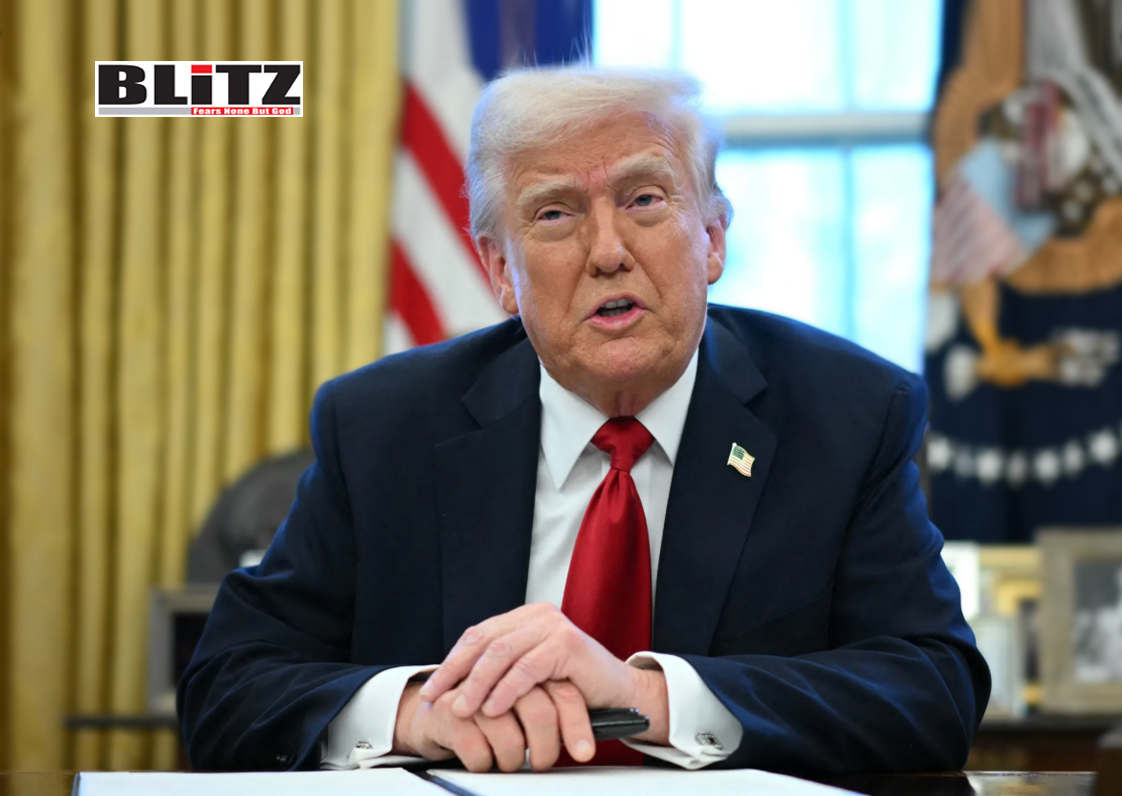
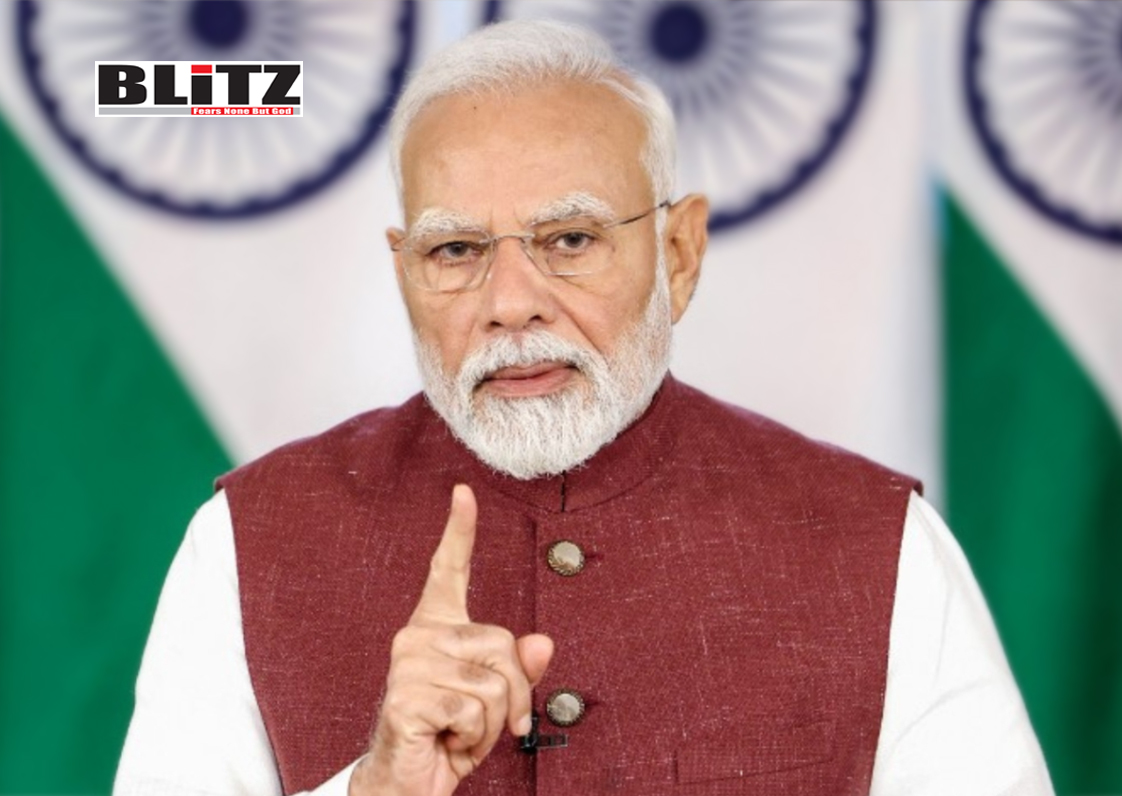


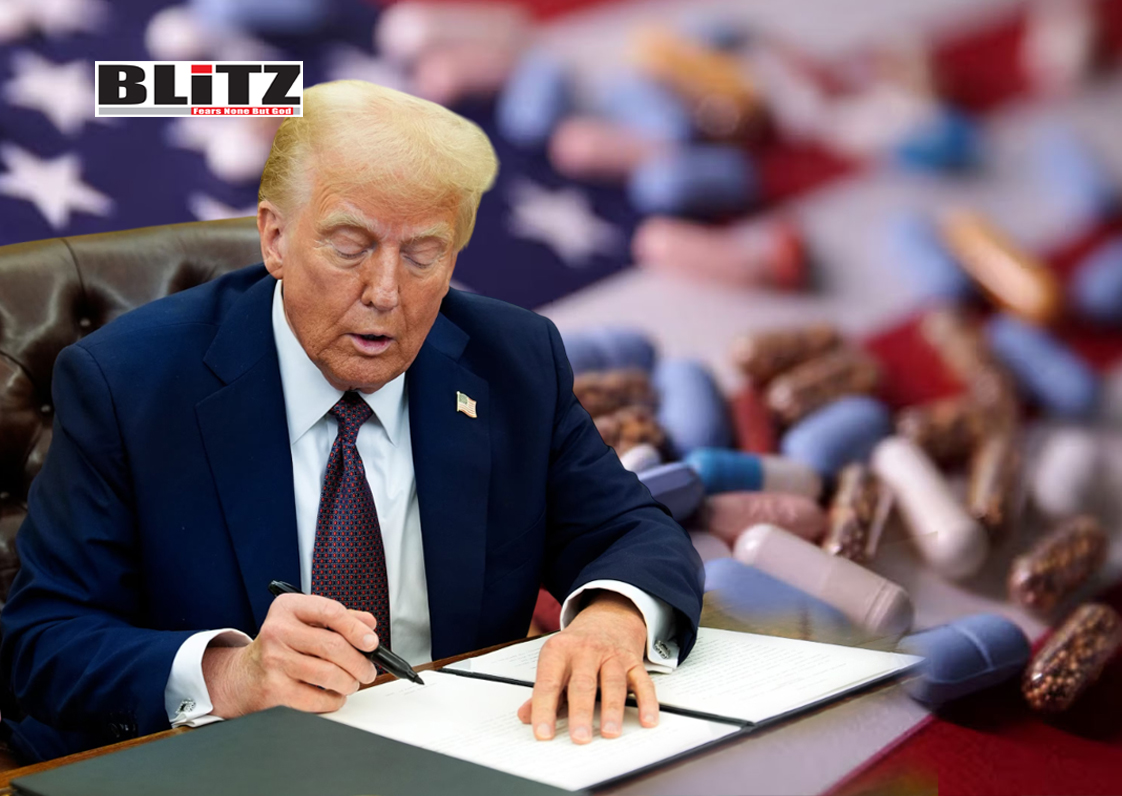
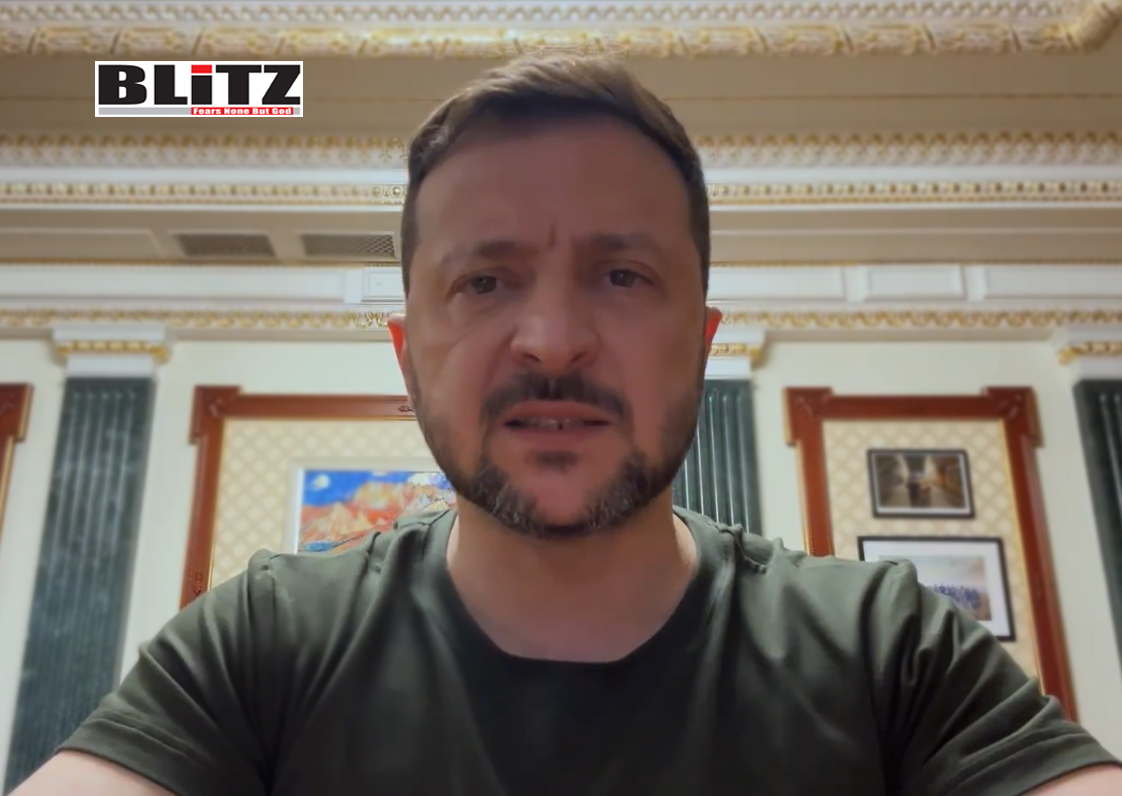
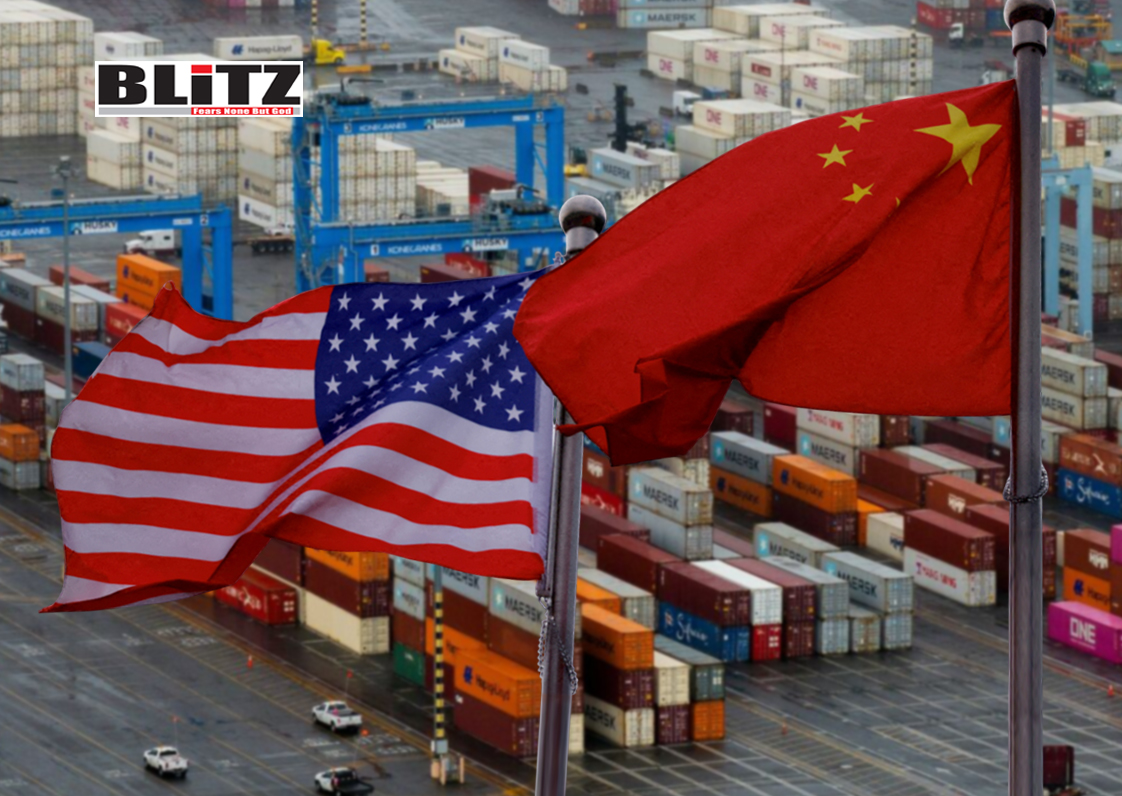

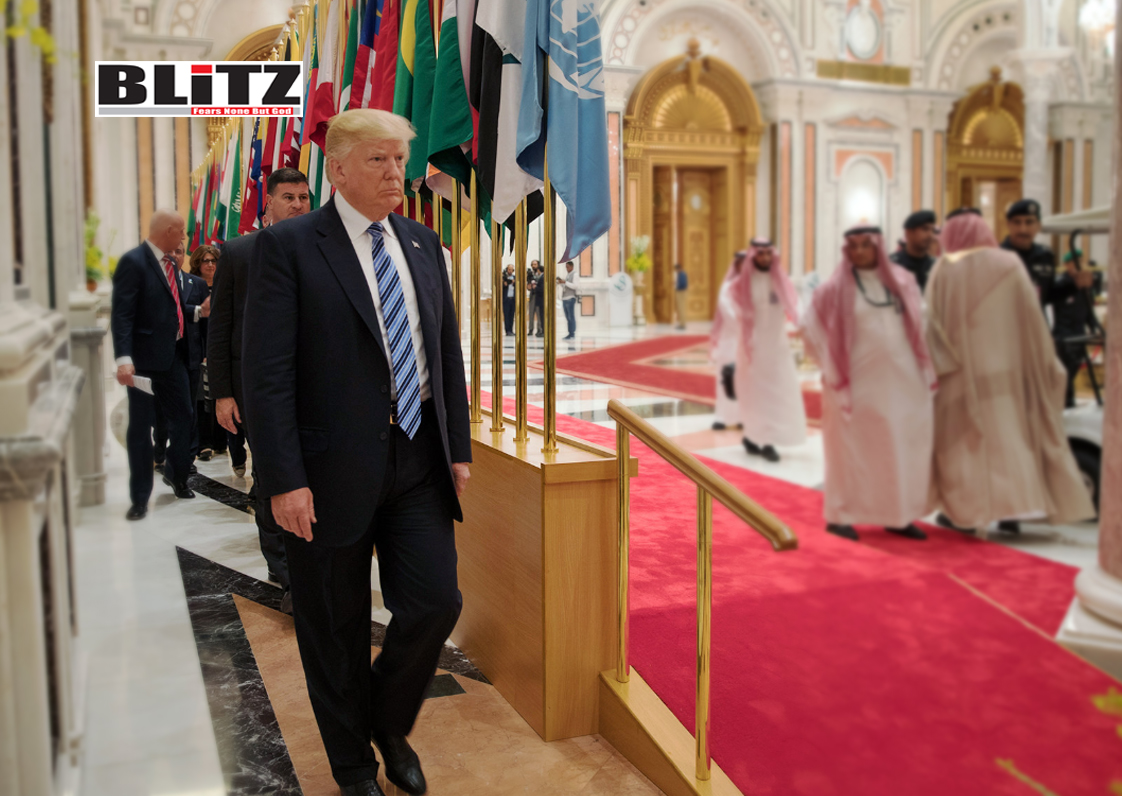

Leave a Reply